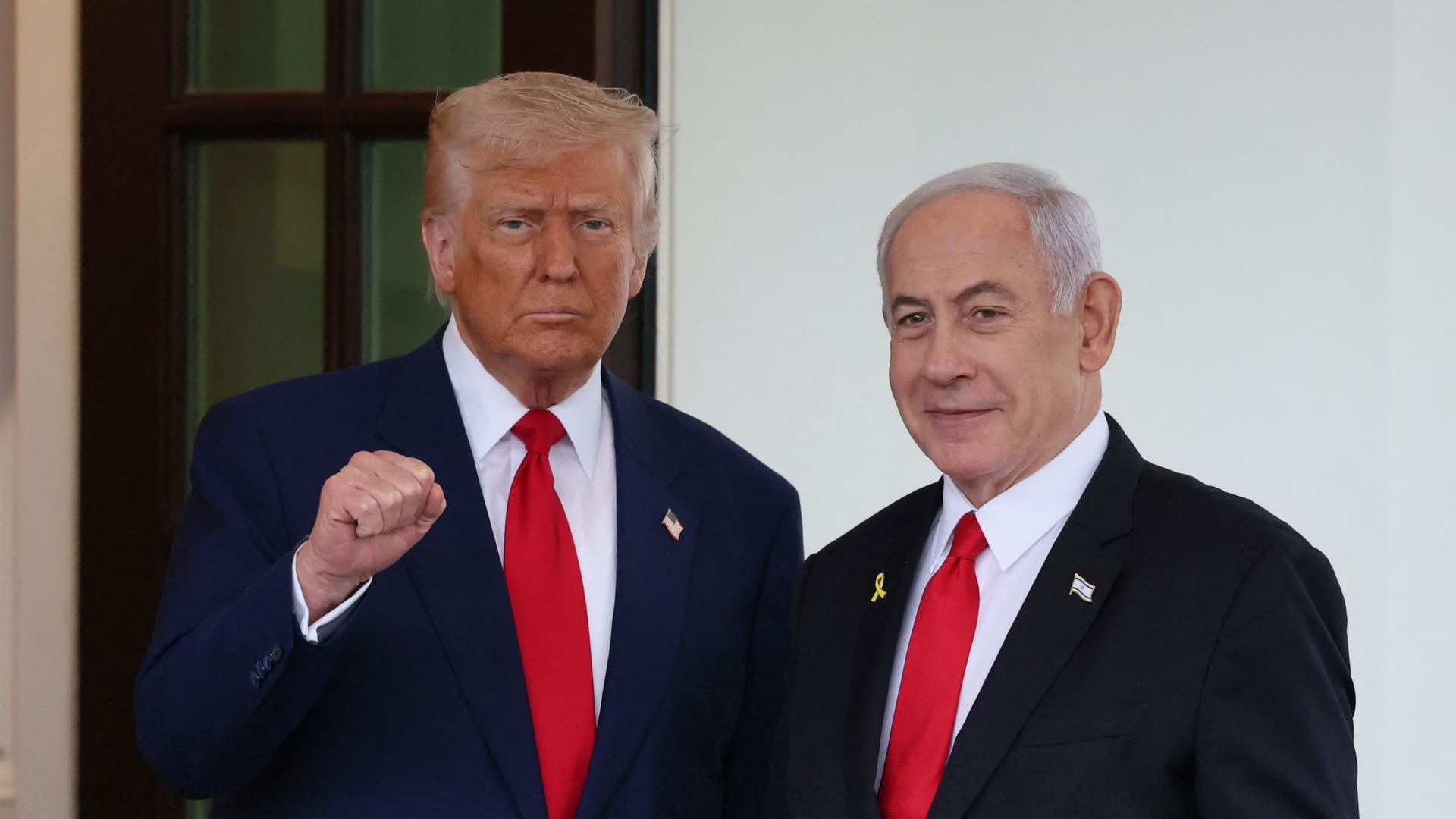
ST. THOMAS — The federal corruption trial of Department of Sports, Parks, and Recreation Commissioner Calvert White and contractor Benjamin Hendricks opened Monday in District Court, with prosecutors framing the case as one of “greed and corruption,” while defense attorneys sought to undermine the credibility of the prosecution’s key witness.
The day began with the conclusion of jury selection, followed by opening arguments that laid the groundwork for a case built on audio recordings, text messages, and financial transactions prosecutors say clearly document a bribery scheme tied to a $2.1 million bid for security camera installation at DPSR facilities.
Assistant U.S. Attorney Lina Peng, speaking for the prosecution, began by stating plainly: “This is a straightforward case about greed and corruption.” She told jurors they would hear the defendants’ own words in recordings discussing how businessman David Whitaker—then owner of Mon Ethos Pro Support—was expected to pay $16,000 to secure favorable treatment of his company’s bid. “You will hear the scheme unfold in the defendant’s own words,” Peng said.
Prosecutors say Whitaker, unbeknownst to the defendants, was cooperating with law enforcement and recorded conversations in which White allegedly pushed him to speak to Hendricks. Hendricks, in turn, reportedly demanded the $16,000 payment. Jurors will also hear how $5,000 was wired to Hendricks’s company account and later matched by a $5,000 cash deposit into White’s Banco Popular account.
Defense attorneys did not contest the existence of the recordings or the transactions. Instead, both Clive Rivers (for White) and Darren John Baptiste (for Hendricks) used their openings to focus on attacking Whitaker’s credibility.
Rivers opened by reminding jurors that the standard of proof is “beyond a reasonable doubt” and told them they would be the judges of each witness’s credibility. “This guy is a con man of the highest class,” he said of Whitaker, accusing him of coming into the territory with a “slash and burn mentality.”
Jean Baptiste followed a similar strategy, suggesting that Whitaker came to the Virgin Islands with a plan. “He wants to come into this community and ruin lives,” he told jurors. He alleged Whitaker had an “exit strategy” from the start and that the government was well aware of his alleged manipulation. Still, at no point did either defense attorney deny that their clients had participated in the conduct at the heart of the indictment. Jean Baptiste even admitted that he would not challenge the recordings.
Jury selection earlier in the day revealed how closely the public is following the case. When asked if they had read, seen, or heard anything about the matter, nearly every hand in the courtroom went up. Of the 58 prospective jurors, nine said they knew Calvert White personally; three admitted they could not be impartial. Five said they knew Benjamin Hendricks, but all five indicated they could remain impartial.
Jurors were also asked if they had any connections to DPSR, Hendricks’s company A Clean Environment, or other entities expected to come up during the trial. Several individuals acknowledged connections or familiarity, and notes were taken for further vetting.
Ultimately, 14 jurors were selected—10 women and 4 men, including two alternates. Seven of the women and two of the men appear to be over 50. The jury is predominantly Black, with only one white juror, a man in his twenties.
Tension flared briefly when Judge Robert Molloy expressed frustration at the pace of juror strikes by the defense teams. “Guys, you’re slowing us down,” he said, after defense attorneys took excessive time during the process. Jury questioning continued into the afternoon, much of it handled in sidebar.
Earlier in the session, a motion filed by Rivers to admit past testimony by White was addressed. Rivers had sought to introduce a document, reportedly from a prior legislative hearing, but Judge Molloy ruled it could not be referenced in opening arguments until he had fully reviewed the material.
Among the names introduced to the jury as potential witnesses or figures to be discussed in court were David Whitaker, Lisa Alejandro, Julio Rhymer, Herbert Vega, Saul Lopez, Corey Romney, Kim Spencer, and Malachi Thomas. Also named were agencies such as the Office of Data Discovery and Forensic Analysis.
Trial proceedings are scheduled to resume Tuesday at 10:30 a.m., after the judge attends to another hearing in the morning. The prosecution is expected to begin presenting its first witness.
British Caribbean News


